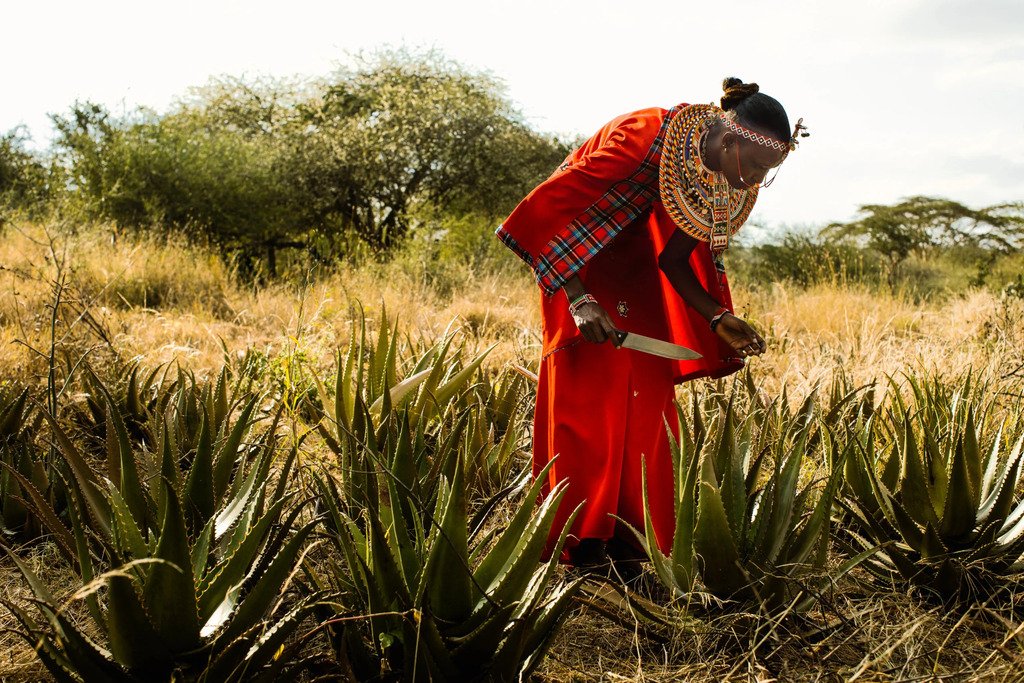Fair Trade Month: Lush's Commitment to Ethical Sourcing

As October marks Fair Trade Month, it's an opportune time to explore the significance of fair trade practices in the beauty industry. Lush, a brand known for its fresh, handmade cosmetics, has long been at the forefront of ethical sourcing and fair trade principles. Let's delve into how Lush approaches fair trade and why it matters for consumers and producers alike.
Understanding Fair Trade
Fair trade is more than just a label; it's a movement that aims to ensure equitable trading practices, particularly for marginalized producers in developing countries. The concept emerged in response to concerns about child labor, poor working conditions, and poverty among producers of various goods, from coffee to cosmetic ingredients.
While there are several certification bodies for fair trade, such as Fairtrade International (FLO) and Fair For Life, Lush takes a unique approach that goes beyond traditional certification.
Lush's Approach to Fair Trade
Lush's commitment to fair trade principles is deeply ingrained in its business model. Rather than relying solely on third-party certifications, Lush focuses on developing direct, long-term relationships with its suppliers. This approach allows the company to:
- Ensure fair wages and good working conditions
- Promote environmental sustainability
- Maintain transparency and accountability
- Support small-scale producers
- Enforce a strict no animal testing policy
By sourcing ingredients directly, Lush can work with producers who may not fit the traditional fair trade certification model or choose not to pursue certification due to costs or structural requirements.
The SLush Fund: Investing in Sustainable Sourcing
One of Lush's innovative approaches to fair trade is the SLush Fund. This initiative goes beyond fair pricing to invest in sustainable farming practices and community development projects. By reinvesting in their supply chain, Lush strengthens its partnerships and promotes long-term sustainability.
Fair Trade in Action: Lush Products
While not all Lush products can be labeled as entirely fair trade due to the complexity of ingredients, many contain fair trade components. Some examples include:
- Charity Pot Body Lotion: Contains fair trade cocoa butter
- Ocean Salt Face and Body Scrub: Features fair trade sea salt
- Dream Cream Body Lotion: Includes fair trade organic olive oil
These products exemplify how fair trade ingredients can be incorporated into everyday beauty routines.
The Ongoing Journey
Lush acknowledges that achieving 100% fair trade status for all ingredients is an ongoing process. The company continually works to improve its sourcing practices and develop new relationships with ethical producers. This commitment to progress aligns with the spirit of Fair Trade Month, which encourages consumers and businesses to reflect on their role in promoting equitable trade practices.
Making a Difference as a Consumer
During Fair Trade Month and beyond, consumers can support fair trade practices by:
- Choosing products with fair trade ingredients
- Learning about brands' sourcing practices
- Supporting companies that prioritize ethical sourcing
- Spreading awareness about the importance of fair trade
By making informed choices, consumers can contribute to a more equitable global marketplace and support sustainable practices in the beauty industry.
Conclusion
As we celebrate Fair Trade Month, Lush's approach serves as an example of how businesses can go beyond certification to embody fair trade principles. Through direct sourcing, transparent practices, and ongoing commitment to improvement, Lush demonstrates that ethical beauty is not just possible but essential in today's conscientious market. By supporting such practices, consumers can enjoy their favorite products while contributing to a fairer, more sustainable world.












